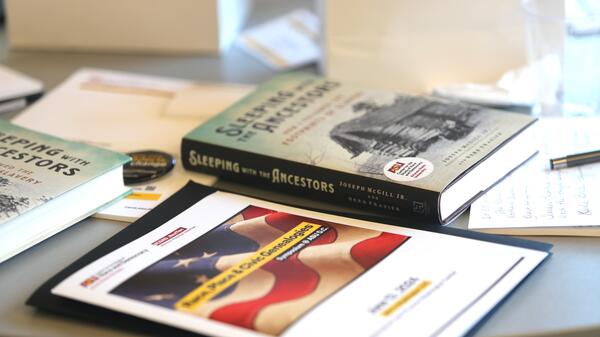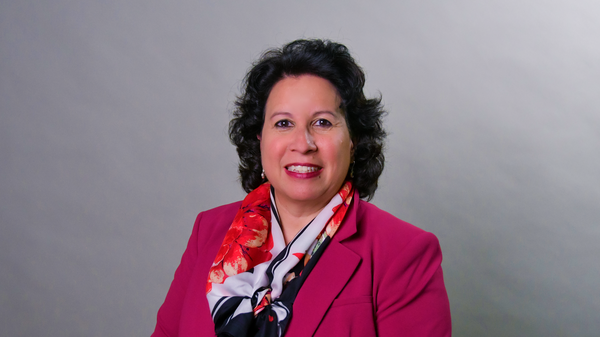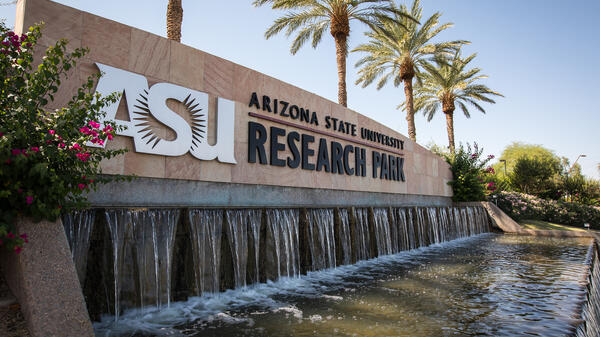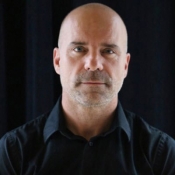New director announced for ASU School of Civic and Economic Thought and Leadership
Richard Avramenko will join ASU on July 1

Coor Hall, the home of the School of Civic and Economic Thought and Leadership on ASU's Tempe campus. ASU photo
Witnessing the Sept. 11 attacks in 2001 inspired Richard Avramenko's award-winning book "Courage: The Politics of Life and Limb" (University of Notre Dame Press, 2011), which examines courage as the “master virtue” and defines true courage based on insights from political thought leaders throughout history.
“We've all heard the refrain 'give me liberty or give me death,’ which suggests that people might be willing to risk life and limb for the sake of liberty,” he said. “But in the end, flying a plane into a building is not risking life and limb. It's not a risk; it's suicide, and it is therefore, by definition, not a virtuous act.”
Avramenko will join Arizona State University this summer as the new director of the School of Civic and Economic Thought and Leadership in The College of Liberal Arts and Sciences. His decades of research in political science along with his leadership experience will help the school continue to grow and produce future leaders and problem-solvers as it enters its seventh year.
A first-generation college student, Avramenko grew up in a working-class family in western Canada. He attended the University of Calgary with a desire to study literature, such as the classic works of Shakespeare, Dostoevsky and Dickens.
“I quickly found that all the good authors knew the classics and were writing within a philosophical tradition about which I knew very little, so I threw myself into that tradition to discover what wisdom we might bring to bear on our own political quandaries,” Avramenko said.
He graduated with a bachelor’s degree in political science and then moved to Ottawa, Canada’s capital, to pursue his master’s degree, also in political science. Finally, he completed his PhD at Georgetown University, this time at the center of American politics in Washington, D.C.
“In D.C., I was studying political philosophy with both the Lincoln Memorial and the Pentagon in view, and the whole experience — which included 9/11 — presented a much more nuanced understanding of the great political experiment that is the United States,” he said.
It was in Washington, D.C., that Avramenko discovered the work of Alexis de Tocqueville, a French aristocrat of the 1800s who traveled to Jacksonian America to document the contrast between aristocratic and democratic peoples.
“I discovered Tocqueville right around 9/11, and there is no better diagnostician of our contemporary political pathologies. Isn’t it ironic that I had to leave the Northern Hinterlands for D.C., where I would discover a Frenchman to teach me about America?” Avramenko mused.
In his upcoming book “The Crush of Democracy: Tocqueville and the Egalitarian Mind,” Avramenko analyzes Tocqueville’s insights on how democracies and aristocracies view and understand time, space, place, language, body, liberty and more. Avramenko argues that present-day political issues are an unavoidable outcome of the democratic mind’s psychopathologies, or what he describes as “the sickness of the soul.”
Avramenko has taught political theory and civics education for 19 years at University of Wisconsin–Madison, where he most recently was a political science professor and director of the Center for the Study of Liberal Democracy. Starting July 1, Avramenko will join ASU to lead what he described as “the vanguard” of civics education.
“At the heart of the mission of the School of Civic and Economic Thought and Leadership is to learn how our forebears ameliorated — or exacerbated — the political challenges and pathologies that always plague human beings,” he said. “The opportunity to lead a whole school that approaches civic and economic thought like this was impossible to pass up.”
As director, Avramenko hopes to build on the school’s strong foundation and further foster students’ abilities to apply classical texts by philosophers like Plato, Aristotle, Machiavelli, Tocqueville and others to address present-day issues.
More University news

ASU symposium connects race, place and civic genealogies
For Phoenix-based civil rights leader Carole Coles Henry, uncovering the lineage of her ancestors has been a goal more than 50 years in the making. Her research, made difficult by the lack of…

Charla Griffy-Brown named director general and dean of Thunderbird at ASU
As Thunderbird School of Global Management enters its 10th year as part of Arizona State University, a new decade welcomes the next director general and dean, Charla Griffy-Brown. Her post begins…

ASU Research Park celebrates 40 years of collaboration, innovation
The Arizona State University Research Park celebrates its 40th anniversary this year as the university’s original Innovation Zone, where the university and the private sector collaborate around their…
